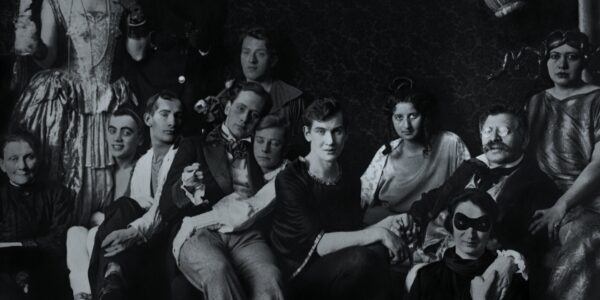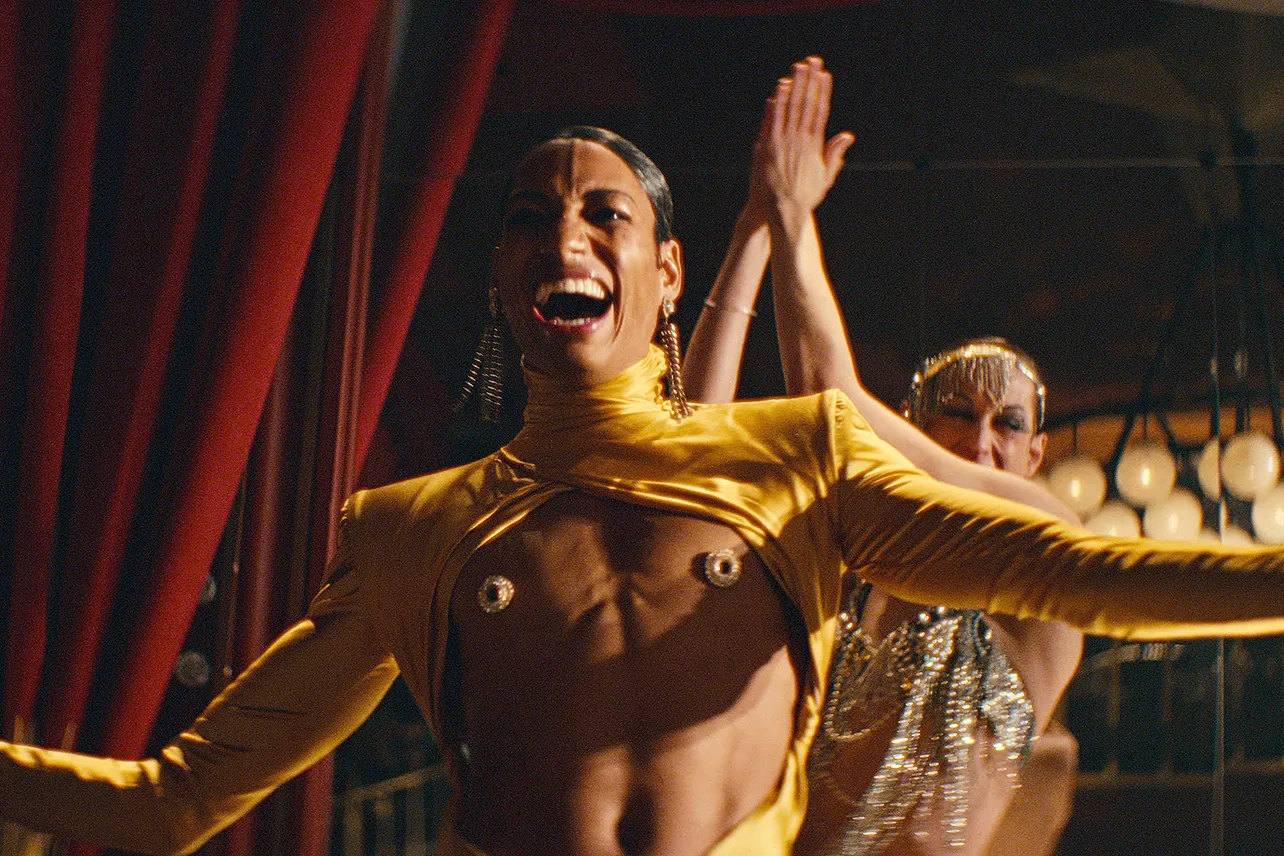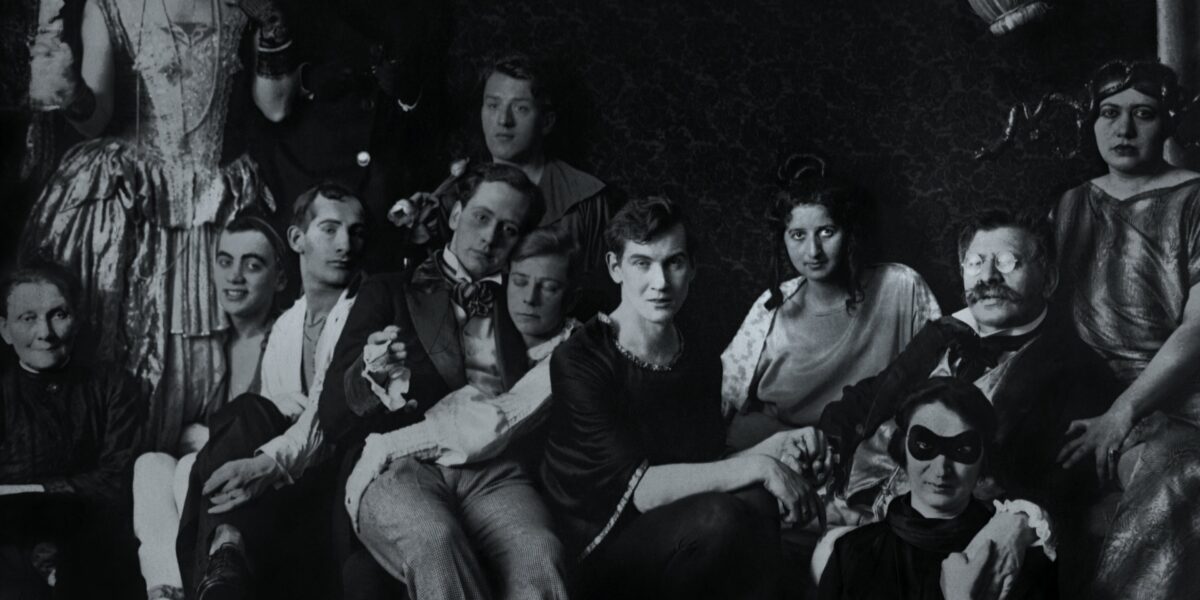
Berlin has long been a queer mecca. As far back as the 1920’s Berlin had about 80 queer nightlife venues, including the glittering belle of the ball – the fabulous cabaret club, Eldorado. The club was awash with lust, sequins, cocktails, drag queens, and regular performers such as Marlene Dietrich and Josephine Baker. Eldorado – Everything the Nazis hate, is a fascinating new Netflix documentary by Benjamin Cantu and Matt Lambert. They explore Berlin’s queer life through the lens of some of the patrons of the Eldorado club prior to the rise of the Nazis, and then the effect of Nazi rule on those patrons and wider queer communities in Nazi-occupied Europe.
The Weimar Republic, Germany’s first parliamentary democracy, ran from 1918 to 1933. This was a time of huge cultural innovation in Germany, with thriving film, theatre, music, and art scenes, the Bauhaus school of architecture, and a sexually liberated nightlife that included a flourishing queer scene. The glamorous Eldorado cabaret club attracted a wide range of queer people, everyone from trans men and women, gay sportsmen, lesbian intellectuals, and even gay Nazis would hang out there regularly. The celebrated Dr. Magnus Hirschfeld was a regular. He was a gay German Jewish doctor and a leading researcher into sex, sexuality, sexually transmitted diseases, and gender. He coined the use of the word ‘transvestite’ to describe cross-dressing men. He pioneered some of the earliest gender reassignment operations which were carried out on other Eldorado patrons. His Institute for Sexual Science was popular and occupied a big  building in Berlin. Other regulars included trans pioneers Charlotte Charlaque and Toni Ebel. The German tennis champion Gottfried von Cramm was also a regular, accompanied by his boyfriend, the Jewish actor Manasse Herbst. Ernst Roehm, a well-known gay Nazi, head of the violent SA, the Nazi party’s original paramilitary wing, and one of Hitler’s inner circle of advisors, could also often be found holding court in the club, not caring who knew about his homosexuality.
building in Berlin. Other regulars included trans pioneers Charlotte Charlaque and Toni Ebel. The German tennis champion Gottfried von Cramm was also a regular, accompanied by his boyfriend, the Jewish actor Manasse Herbst. Ernst Roehm, a well-known gay Nazi, head of the violent SA, the Nazi party’s original paramilitary wing, and one of Hitler’s inner circle of advisors, could also often be found holding court in the club, not caring who knew about his homosexuality.
The club, with its flamboyant group of regulars, thrived until 1932 when the rising influence of the Nazis and related police oppression forced its closure, along with the other ‘homosexual dance pleasures’ venues. Cantu and Lambert document the lives of these and other patrons, and what happened to them and others once the Nazis gained power in January 1933. They re-create fabulous scenes of Berlin’s pre-Nazi nightlife and combine these with haunting footage and imagery of the rise of the Nazis in Germany and beyond. They also use footage of some of the many thousands of queer people sent to their deaths in Germany’s concentration camps. Interviews include those with trans historians specializing in this part of Berlin’s history, as well as the charismatic Walter Arlen, a Jewish composer born in 1920, one of the few queer people from back then still alive at the time of filming. He ended up emigrating to the USA and met his future husband in the 1950s. Walter sadly passed away a couple of weeks ago on 3rd September, aged 103. The resulting documentary paints a fascinating, poignant portrait of queer life during a unique period in world history. It serves as an important reminder that queer human rights cannot be taken for granted and can easily be lost if we’re not vigilant.
Queerguru’s Contributing Editor Ris Fatah is a successful fashion/luxury business consultant (when he can be bothered) who divides and wastes his time between London and Ibiza. He is a lover of all things queer, feminist, and human rights in general. @ris.fatah

